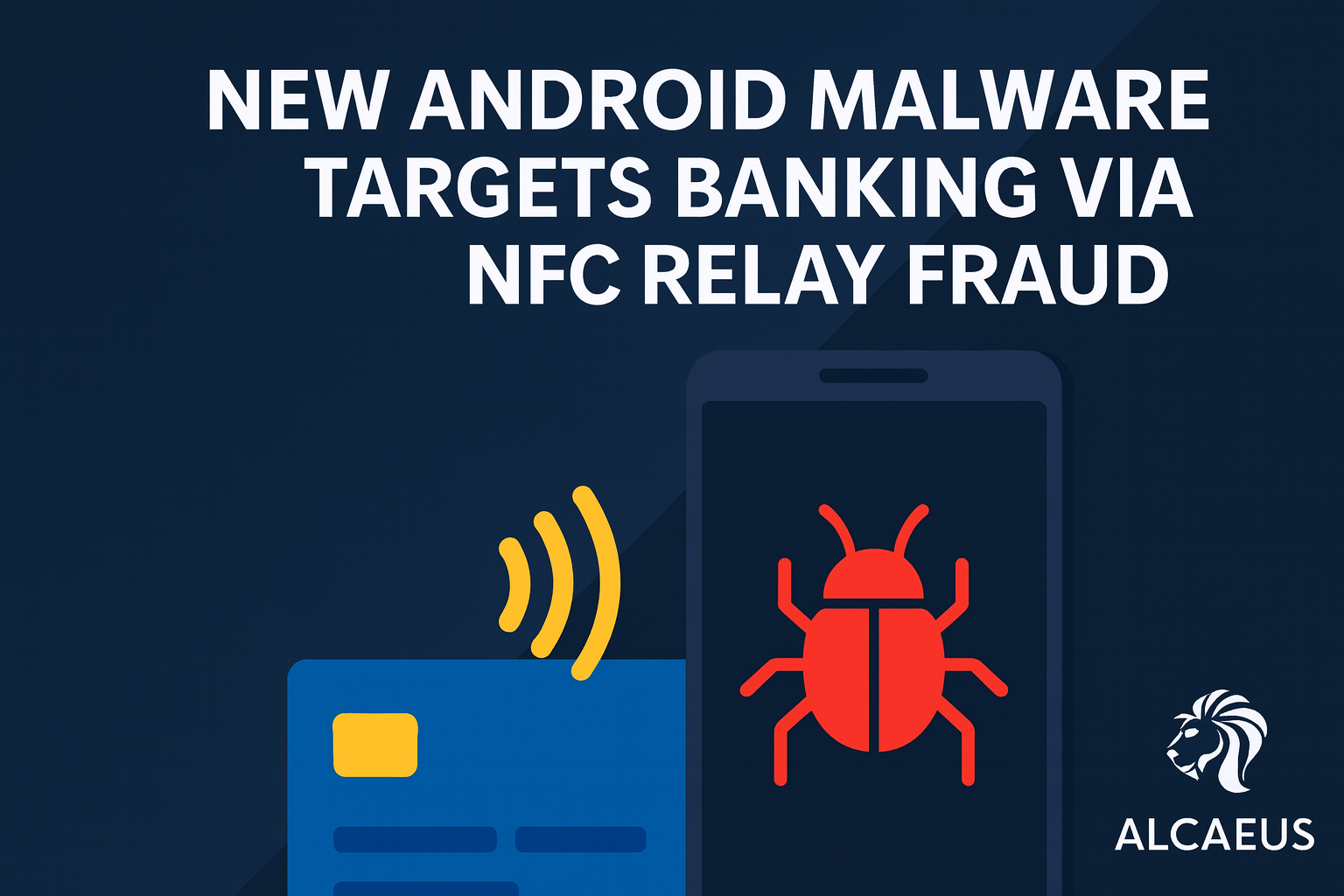New Android Malware Wave Hits Banking via NFC Relay, Fake Apps, and Root Exploits
Cybersecurity researchers have uncovered PhantomCard, a new Android banking trojan that abuses near-field communication (NFC) to conduct relay fraud.
🔑 How it works:
- Victims install fake “card protection” apps from spoofed Google Play pages.
- The app tricks users into placing their bank card on the phone, then secretly relays card data to attackers.
- Victims are prompted to enter their PIN, giving fraudsters everything they need to authenticate transactions remotely.
The malware creates a direct channel between the victim’s card and a criminal’s PoS terminal/ATM, effectively letting attackers “tap to pay” as if they had the physical card.
But PhantomCard is not alone. Researchers also found:
- SpyBanker in India, hijacking calls and stealing SIM/banking data.
- Fake credit card apps for major Indian banks that steal card details and even mine cryptocurrency.
- Malware exploits root frameworks (KernelSU, APatch, SKRoot) to take complete device control.
📌 Why this matters
These attacks are part of a broader wave of NFC-based fraud tools (SuperCard X, KingNFC, Ghost Tap) being sold on underground forums and Telegram channels. Criminal groups are expanding operations across Brazil, Southeast Asia, and India – regions with high contactless payment adoption.
✅ How to protect yourself:
- Only install apps from official app stores and verified publishers.
- Enable Google Play Protect (on by default).
- Be cautious of requests to enter card PINs or install “security” apps sent via SMS/WhatsApp.
- Financial institutions should strengthen fraud detection for NFC transactions and monitor for emerging global threats.
👉 At Alcaeus Services, we don’t just report threats — we help organizations stay ahead of them.


Comments are closed